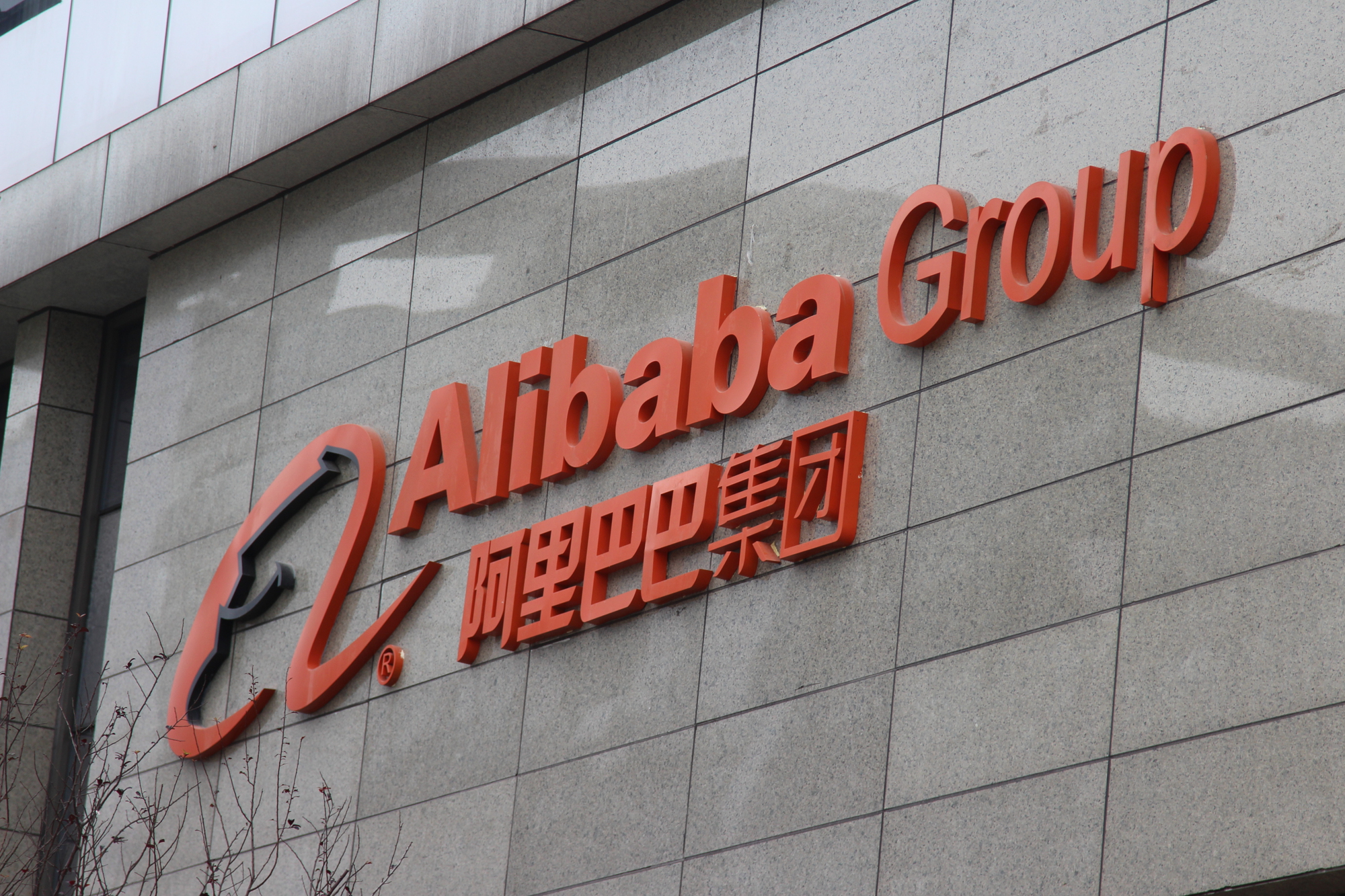Alibaba Group Holding Ltd. has agreed to sell its more than 70% stake in Sun Art Retail Group Ltd. to private equity firm DCP Capital for up to HK$12.3 billion (S$2.16 billion) to focus on its core online business.
In 2020, Alibaba paid US$3.6 billion (S$4.92 billion) to increase its stake in Sun Art, which operates hypermarkets similar to Costco across China. However, according to The Edge Singapore, the sale price of HK$12.3 billion (S$2.16 billion) is significantly lower than what the company paid and much less than Sun Art’s current market value of around US$3 billion (S$4.10 billion).
On Tuesday, Sun Art’s stock dropped by as much as 35% in early trading in Hong Kong, while Alibaba’s shares fell by over 1%.
This sale speeds up Alibaba’s exit from physical retail, a major initiative once led by former CEO Daniel Zhang. Under the leadership of rising executive Jiang Fan, the company is now focusing on integrating its domestic and international e-commerce operations and selling off assets it deems non-essential.
Alibaba is willing to accept significant losses from past investments as it raises funds to reinvest in key areas like AI and cloud computing. Now, under new CEO Eddie Wu, Alibaba is focusing its resources on areas such as online marketplaces, cloud computing, artificial intelligence (AI), as well as expanding internationally.
Just last month, Alibaba sold its Intime department store business to Youngor Fashion Co. for around US$1 billion (S$1.37 billion), incurring a loss of roughly RMB 9.3 billion (S$1.74 billion) on its initial investment.
Overall, Alibaba is facing about US$3 billion (S$4.10 billion) in losses from its physical retail deals, according to Bloomberg Intelligence.
Analysts Catherine Lim and Trini Tan said, “Alibaba will incur about US$3 billion of losses from the disposal of non-core retail assets including Sun Art, we calculate.”
They added that the sale of Sun Art at a 0.6x price-to-net asset valuation trails market value estimates by 30% and falls behind JD.com’s 3.5x multiple when it sold Yonghui Superstores last year. Alibaba’s sale proceeds are linked to Sun Art’s profits through 2028 and may face pressure from Meituan’s strategic tie-up with Walmart in China.
The company said on Wednesday that it views the sale as “a good opportunity for Alibaba Group” to monetise its non-core assets, reinvest the proceeds into its core businesses, and enhance its shareholder return.
Sun Art attracted interest from other potential buyers like Hillhouse Investment and DCP Capital, as reported by Bloomberg News in September. The company operates hundreds of hypermarkets in China under brands like RT-Mart and runs a distribution and storage network that supports Alibaba’s fresh produce operations.
Alibaba still holds smaller stakes in other traditional retailers, such as Suning.com Co., a major brick-and-mortar acquisition from former CEO Zhang’s tenure. /TISG
Featured image by Depositphotos

